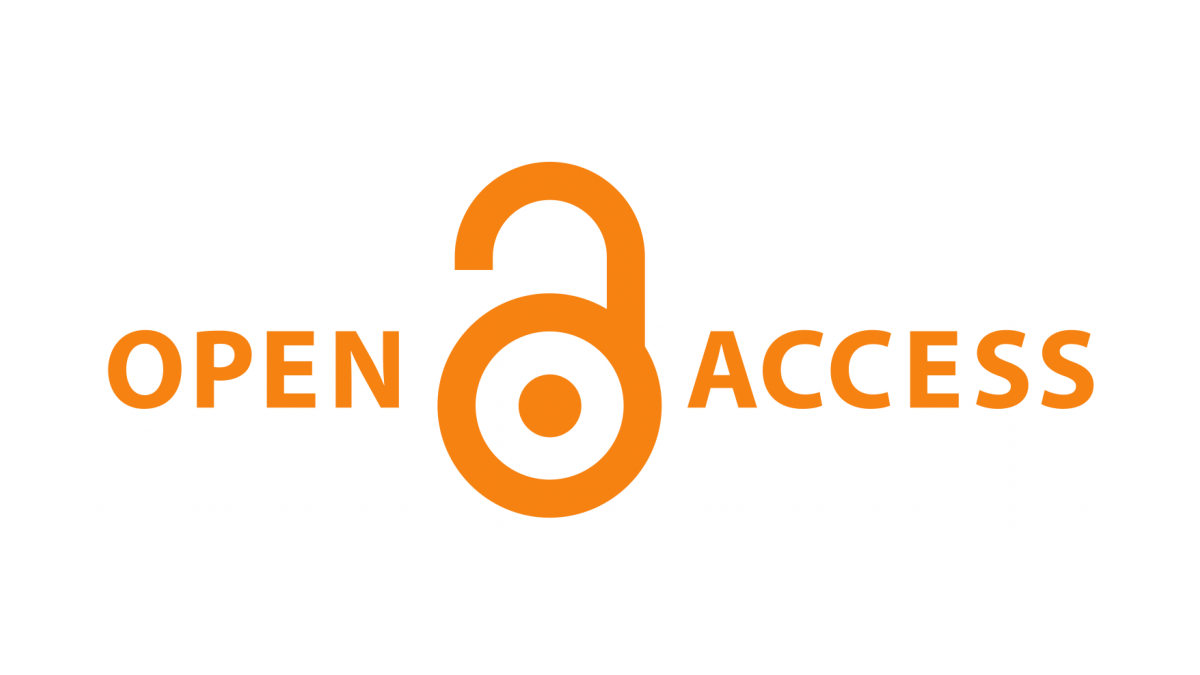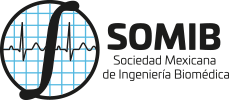Characterizing the hippocampal theta’s response to carbachol; using a complete septo-hippocampal preparation
DOI:
https://doi.org/10.17488/RMIB.38.1.16Keywords:
Theta, hippocampus, modulation and carbacholAbstract
The present study describes the pharmacological analysis of the effects of carbachol, a cholinergic agonist, on hippocampal theta activity. Knowing that this activity is critically related to cognitive function and altered in patients with neurodegeneration, pharmacological efforts aiming to directly modulate hippocampal theta activity becomes of central importance. In a recently developed complete septo-hippocampal preparation, carbachol elicited significant theta power enhancement with 1 μM. Concentrations under 1 μM and over 2 μM carbachol caused significant reduction in the power of hippocampal theta activity. Carbachol effects were completely blocked with the cholinergic antagonist scopolamine. At the experimental level, it is the first time the direct action of a cholinergic agonist is evaluated in the septo-hippocampal pathway completely isolated. However, carbachol as a cholinergic agonist is a drug with a certain level of nonspecific response. That is why to correct this experimental limitation, we used scopolamine (cholinergic antagonist) which allowed us to corroborate the effects on the cholinergic pathway. In summary, electrophysiological assays demonstrated an effective concentration range of carbachol specifically modulating hippocampal theta activity.
Downloads
Published
How to Cite
Issue
Section
License
Copyright (c) 2017 K M García Méndez, M Macías, P González Pereyra, A Salas Gallardo, S Williams, F Peña Ortega, S Mondragón Rodríguez

This work is licensed under a Creative Commons Attribution-NonCommercial 4.0 International License.
Upon acceptance of an article in the RMIB, corresponding authors will be asked to fulfill and sign the copyright and the journal publishing agreement, which will allow the RMIB authorization to publish this document in any media without limitations and without any cost. Authors may reuse parts of the paper in other documents and reproduce part or all of it for their personal use as long as a bibliographic reference is made to the RMIB. However written permission of the Publisher is required for resale or distribution outside the corresponding author institution and for all other derivative works, including compilations and translations.








